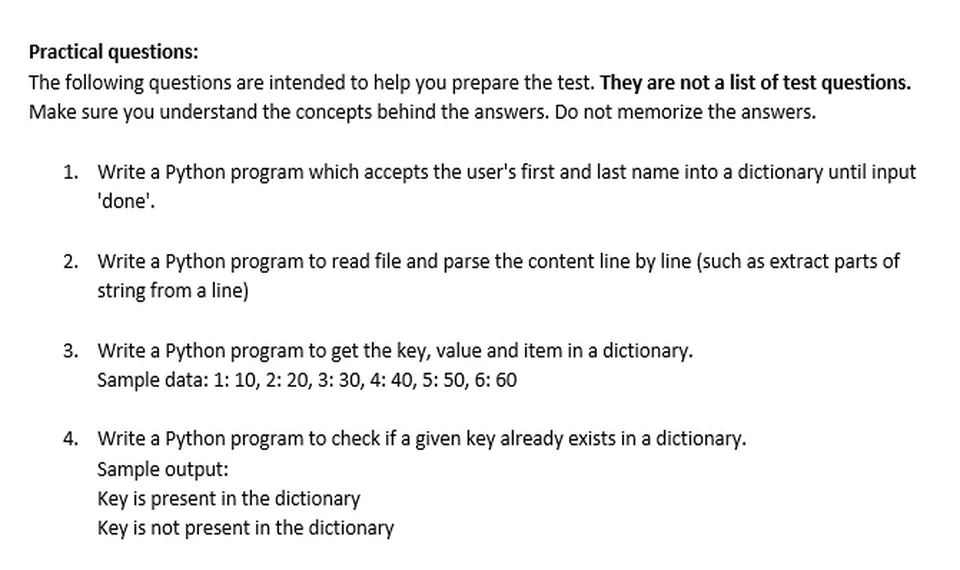![]()
Mastering Chemistry Practicals: Your Ultimate Guide for Academic Success 🔬📚
Are you a student, parent, tutor, or teacher struggling with chemistry practical questions? Fear not! Tutor GP is here to help you conquer those lab challenges and boost your academic success. In this article, we’ll share our top tips, practical examples, and actionable advice for excelling in chemistry practical exams.
Navigating the Lab Maze: What You Need to Know 🧪🌽
Chemistry practicals can be intimidating, but with the right approach, they can be a breeze! Here’s what you need to know:
1. Understand the Question: Always read the question thoroughly and break it down into smaller parts. Identify what the question is asking you to do and what the expected outcome should be.
2. Plan Ahead: Before diving into the lab, create a step-by-step plan of action. This will help you stay organised and ensure you don’t miss any crucial steps.
3. Safety First: Always prioritize safety. Wear appropriate lab attire, follow the lab protocol, and be mindful of hazardous chemicals.
Practical Tips for Success 🎯📈
Now that you’ve got the basics covered, let’s dive into some practical tips to help you excel:
1. Practice Makes Perfect: Regularly practice chemistry practicals to build confidence and familiarity with lab equipment.
2. Keep a Lab Notebook: Document your findings, observations, and any issues encountered during the practical. This will not only help you revise but also show examiners that you’re organised and thorough.
3. Ask for Help: If you’re stuck, don’t hesitate to ask your teacher or tutor for help. They’re there to guide you, and seeking help shows that you’re proactive and committed to your learning.
Real-Life Examples and Insights 🔬💡
Let’s look at a real-life example:
*What factors affect the rate of a chemical reaction, and how can you manipulate these factors to control the reaction rate?*
*The rate of a chemical reaction can be influenced by factors such as temperature, concentration, and catalysts. By increasing the temperature, you can speed up the reaction rate. Concentration also plays a role; raising it will increase the rate of reaction as well. Lastly, catalysts can help lower the activation energy of the reaction, allowing it to proceed faster.*
Actionable Advice for Immediate Application 🎯💪
1. Conduct a Rate Experiment: Design and perform a rate experiment to investigate the factors affecting the rate of a chemical reaction.
2. Revise Key Concepts: Regularly revise key concepts related to chemical reactions, such as equilibrium, kinetics, and thermodynamics.
FAQs ❓
🔬 Question: How can I improve my lab skills?
💡 Answer: By practicing regularly, following safety protocols, and seeking help when needed.
🔬 Question: What should I do if I encounter an unexpected result in a lab experiment?
💡 Answer: Document the result in your lab notebook, discuss it with your teacher or tutor, and consider possible explanations.
🔬 Question: How can I prepare for a chemistry practical exam?
💡 Answer: Practice regularly, revise key concepts, and develop a strategy for approaching practical questions.
By following these tips, you’ll be well on your way to acing chemistry practicals and achieving academic success. Tutor GP is here to support you every step of the way, offering personalised learning solutions for GCSE Science Tuition, A-Level Physics Tuition, and more. Get in touch today to learn more! 📞💬📧💼




